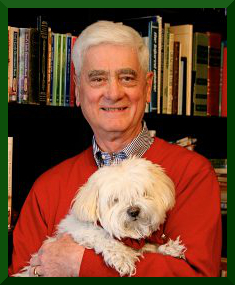Mary and I got together with some friends the other day and had a great time just talking. Of course it didn’t take long before we began to talk about my quest to find out why parenting is so hard. (I’m actually having lots of fun digging into this project, and I am so appreciative of all the responses I have had. If you haven’t responded yet, please do. If you don’t know what I’m talking about, please see my post on June 26, and pass it on to your friends too, please.)
Before long Max said if he had to do it over again he would do a lot of things differently. His wife agreed that she would too. They have two adult sons who are successful and a number of grand kids. I do not know the sons, but they sound like people I would like to have for friends.
When I asked what things he would do differently he was quick to mention, “I’d put much less emphasis on sports!”
“What would you have them do,” I asked.
“More chores around the house, study, read, go to church more, there are so many things more important than sports.Even if I am a UK fan.”
At this point Sue interrupted, “I would be a lot tougher on them for one thing. I found it so hard to say”no”, and so easy to give in to whatever they wanted. I should have given them less and taught them to share more.” They added lots of other things they had done”wrong”.
Finally I asked, “How do you explain the fact that they are doing well? I can’t believe it was in spite of their parents.”
“I hope not!” Max replied. But Sue came back with more insight.
“No, I think it was because of what we did. Yes, we could have given them less, been tougher, had them do more work, and all those things. That would have made it easier for us in the long-run but, I can’t imagine they could have become better men.”
“Then, what did you do right?”
“We ate dinner together, people say that’s important, and we limited TV so we were able to talk as a family all the time. We went to church and took them with us, we ‘acted’ like we liked each other,”she laughed. “And the kids knew we loved each other and loved them, too.”
“That’s right,” Max added. “And we went to church, to their games, played together, and just enjoyed them even when they gave us trouble.”
“In other words,” I concluded for them. “You just did the best you could to be good people. You might say you were the kind of people you wanted them to become, right?”
“That’s about it.” Sue answered.
And that really is “about it”! I guess I said that once or twice before!
